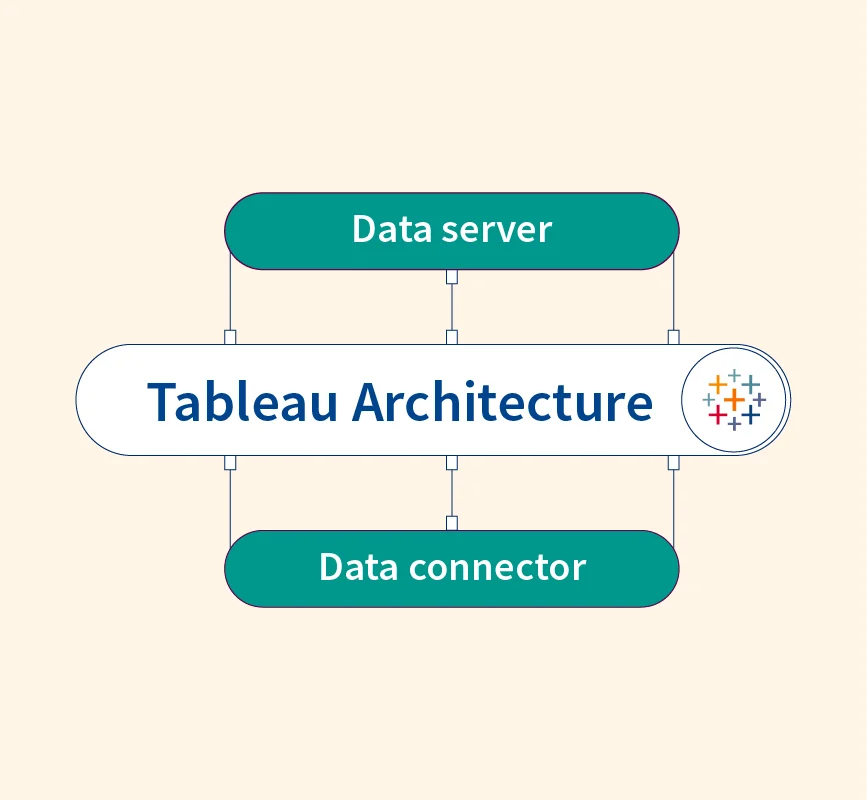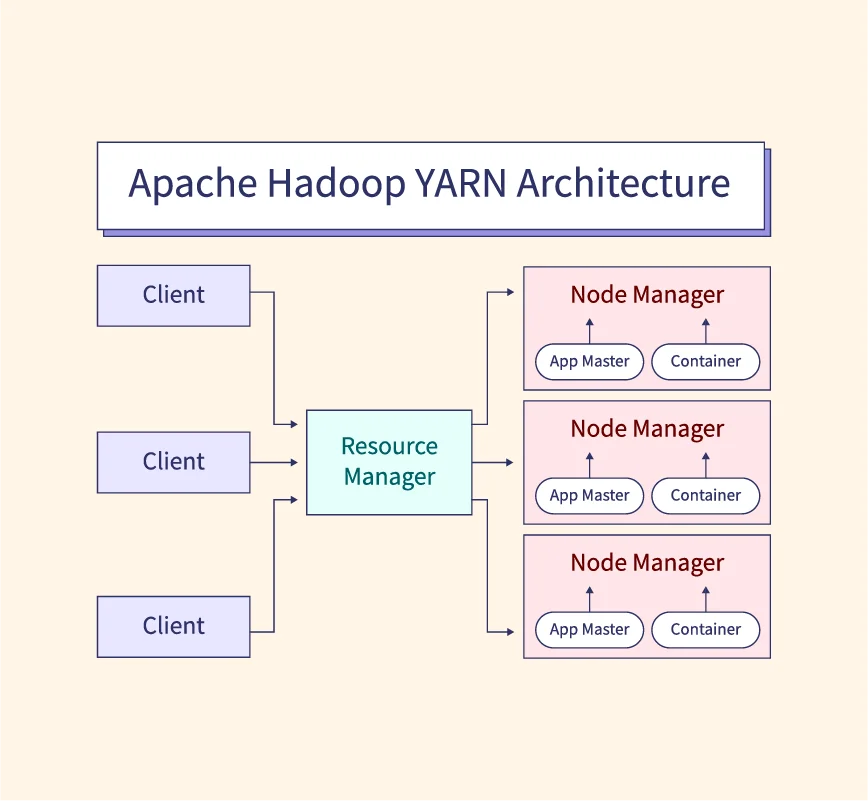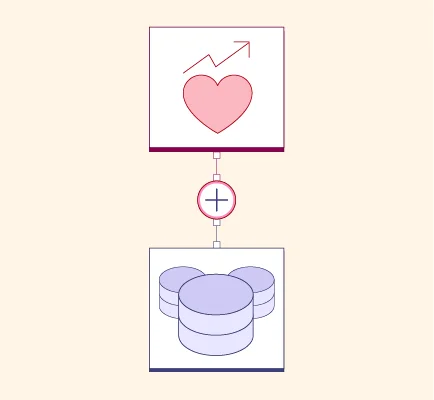Artificial Intelligence (AI) is a branch of computer science focused on building machines and systems capable of performing tasks that usually require human intelligence. These tasks include learning from experience, recognizing patterns, making decisions, and even understanding language. Over recent years, AI has rapidly advanced, moving beyond simple automation to sophisticated applications in healthcare, transportation, finance, and more.
AI is now an essential part of everyday life, from personalized recommendations on streaming services to virtual assistants like Siri and Alexa. As AI continues to evolve, its potential to impact and reshape various aspects of society grows. In fact, AI is projected to contribute $15.7 trillion to the global economy by 2030, showing how significant its impact will be. Experts believe that AI could bring groundbreaking changes in everything from education to environmental sustainability, transforming how we live, work, and interact.
Brief History of AI’s Impact on Society
AI has come a long way since its early days in the 1950s when researchers first explored the idea of machines that could mimic human intelligence. Over the decades, AI experienced several breakthroughs that have had a lasting impact on society:
- 1980s – Expert Systems: Early AI systems, known as expert systems, were developed to solve specific problems using stored knowledge. They were mainly used in industries like medical diagnosis and logistics.
- 1997 – Deep Blue Defeats Chess Champion: IBM’s Deep Blue made headlines by defeating world chess champion Garry Kasparov. This achievement marked a milestone in AI’s ability to perform complex tasks.
- 2010s – Deep Learning and Machine Learning: Advancements in machine learning, especially deep learning, led to the development of systems that could analyze images, recognize speech, and even drive cars.
- Present Day – Everyday AI Applications: Today, AI powers technologies we use daily, like recommendation engines, facial recognition, and autonomous vehicles.
How AI Will Impact the Future:
AI’s future potential is vast, and it’s expected to shape our lives in profound ways. Here are some key areas where AI is likely to make a significant impact:
- Speed of Daily Life: AI will make tasks faster and more efficient, from quickening decision-making in businesses to simplifying everyday actions like booking appointments or managing schedules.
- Efficiency Across Industries: AI can optimize operations across various sectors, improving productivity in fields like manufacturing, healthcare, and finance. For example, predictive analytics can help businesses make better forecasts, saving both time and resources.
- Privacy Challenges: With AI handling vast amounts of data, privacy concerns will increase. More personal data may be collected and analyzed, leading to discussions about data security and user rights.
- Legal and Ethical Concerns: As AI becomes more integrated into daily life, there may be legal challenges surrounding AI decisions, especially when they impact people’s lives directly. This might lead to increased regulation to ensure responsible AI use.
- Human-AI Collaboration: AI could work alongside humans to enhance decision-making and improve results. For example, AI-assisted diagnostics in healthcare can support doctors in identifying diseases faster and more accurately.
- Job Market Changes: While AI may lead to job losses in some fields, it will also create new roles, especially in areas like AI maintenance, data analysis, and cybersecurity.
- Data Privacy Issues: The challenge of maintaining data security is likely to grow with AI’s extensive use of data. Ensuring users have control over their personal information will become essential.
- Increased Regulation: Governments may impose more regulations on AI development and deployment to protect users and ensure ethical standards are met.
- Accelerated Speed of Innovation: AI could fuel technological breakthroughs across various fields, speeding up discoveries in areas like medicine, environmental science, and engineering.
- Climate Change Solutions: AI can be instrumental in tackling environmental issues by optimizing resource usage and aiding in the development of renewable energy solutions.
What Industries Will AI Impact the Most?
AI is set to revolutionize many industries, with each one benefiting from AI’s ability to enhance efficiency, provide insights, and drive innovation. Here’s how AI might impact some key sectors:
- Education: AI-powered tools can personalize learning for students, adapting to their strengths and weaknesses. Intelligent tutoring systems and virtual teaching assistants are becoming more common, helping students learn at their own pace.
- Healthcare: AI assists in diagnosing diseases, predicting patient outcomes, and even recommending personalized treatment plans. It also helps streamline hospital operations and supports medical research, enabling quicker and more accurate analysis of complex data.
- Finance: AI algorithms are used for fraud detection, risk assessment, and personalized banking. AI’s ability to analyze vast amounts of data quickly is transforming financial decision-making and customer service.
- Law: AI can assist in document review, legal research, and case analysis, making legal processes faster and more efficient. It also helps in predicting case outcomes based on historical data.
- Transportation: From self-driving cars to optimized logistics, AI is reshaping transportation by improving safety and reducing costs. AI systems can also predict maintenance needs, keeping vehicles and infrastructure running smoothly.
- Manufacturing: AI enhances production processes through predictive maintenance, quality control, and inventory management, reducing waste and downtime.
- Media: AI-driven recommendation engines suggest content based on viewer preferences, and AI is increasingly being used to generate content, such as automated news summaries and personalized marketing.
- Customer Service: Chatbots and virtual assistants powered by AI provide faster, 24/7 support, enhancing customer experiences and allowing businesses to respond quickly to inquiries.
Risks and Dangers of AI
While AI holds great potential, it also presents risks and challenges that need careful consideration:
- Bias in Algorithms: AI systems learn from data, which means they can inherit biases present in that data. This can lead to unfair treatment in applications like hiring, lending, and law enforcement, where biased decisions could have serious consequences.
- Loss of Human Control: As AI systems become more autonomous, there’s a concern that humans might lose control over certain decisions. This raises ethical questions about accountability, especially in critical areas like healthcare and criminal justice.
- Weaponization of AI: AI technology can be used for harmful purposes, such as in the development of autonomous weapons. The potential for misuse of AI in warfare and other dangerous applications is a growing concern.
- Privacy Issues: AI relies on large amounts of personal data, which brings up concerns about privacy and data security. Without proper regulations, AI could lead to intrusive surveillance and a loss of personal privacy.
- Economic Inequality: As AI continues to automate tasks, certain jobs may disappear, especially those involving repetitive tasks. This could widen the gap between skilled and unskilled workers, potentially increasing economic inequality.
- Dependency on AI: Increasing reliance on AI for decision-making could lead to a loss of critical thinking skills in humans. Relying too heavily on AI without human oversight might make societies vulnerable if the technology fails or makes incorrect decisions.
Conclusion
The future of Artificial Intelligence is both exciting and complex. AI has the potential to transform nearly every aspect of our lives, from making daily tasks easier to solving global challenges like climate change and healthcare accessibility. However, with this power comes responsibility. Addressing the risks associated with AI—such as bias, privacy issues, and potential job disruptions—is crucial to ensure a positive impact on society.
As AI continues to advance, it’s essential for developers, governments, and communities to work together to create ethical guidelines and regulations that protect individuals while encouraging innovation. By doing so, we can harness the benefits of AI responsibly and create a future where technology and humanity thrive together.
Future of AI FAQs
What are some of the main applications of AI expected in the future?
AI is expected to impact various fields, including healthcare (for diagnostics and personalized treatment), education (for personalized learning), finance (for fraud detection and risk assessment), and transportation (with autonomous vehicles). Additionally, AI is likely to play a role in addressing global issues like climate change by optimizing energy usage and resources.
Will AI take over jobs in the future?
While AI might replace certain repetitive or manual jobs, it will also create new roles, especially in fields like AI maintenance, data analysis, and cybersecurity. Job markets may shift, with more demand for skilled workers who can work with AI and technology. Upskilling will be essential for adapting to this shift.
How can AI affect personal privacy?
AI relies on vast amounts of data to function effectively, which can lead to privacy concerns if personal information is not handled securely. With more AI applications in everyday life, it’s important for regulations to ensure that personal data is protected and users have control over their information.
What ethical concerns exist around the use of AI?
Ethical concerns with AI include issues of bias, loss of human control, and transparency. There’s also worry about AI being used for harmful purposes, such as autonomous weapons. Developing ethical guidelines and transparent AI systems is crucial to address these challenges.
How will AI impact education?
AI can personalize education, adapting content and teaching styles to meet individual student needs. Virtual teaching assistants and intelligent tutoring systems can help students learn at their own pace, making education more accessible. However, there are concerns that too much reliance on AI may reduce the need for human educators.
What role will governments play in the future of AI?
Governments are expected to play a crucial role in regulating AI to ensure its responsible development. This may include setting guidelines for data privacy, bias prevention, and accountability in AI systems. Effective regulations will help balance innovation with safety and fairness.
Can AI help in fighting climate change?
Yes, AI can contribute to environmental solutions by optimizing energy consumption, improving resource allocation, and aiding in the development of renewable energy technologies. AI’s data processing abilities can also help monitor environmental changes and predict future climate patterns.


